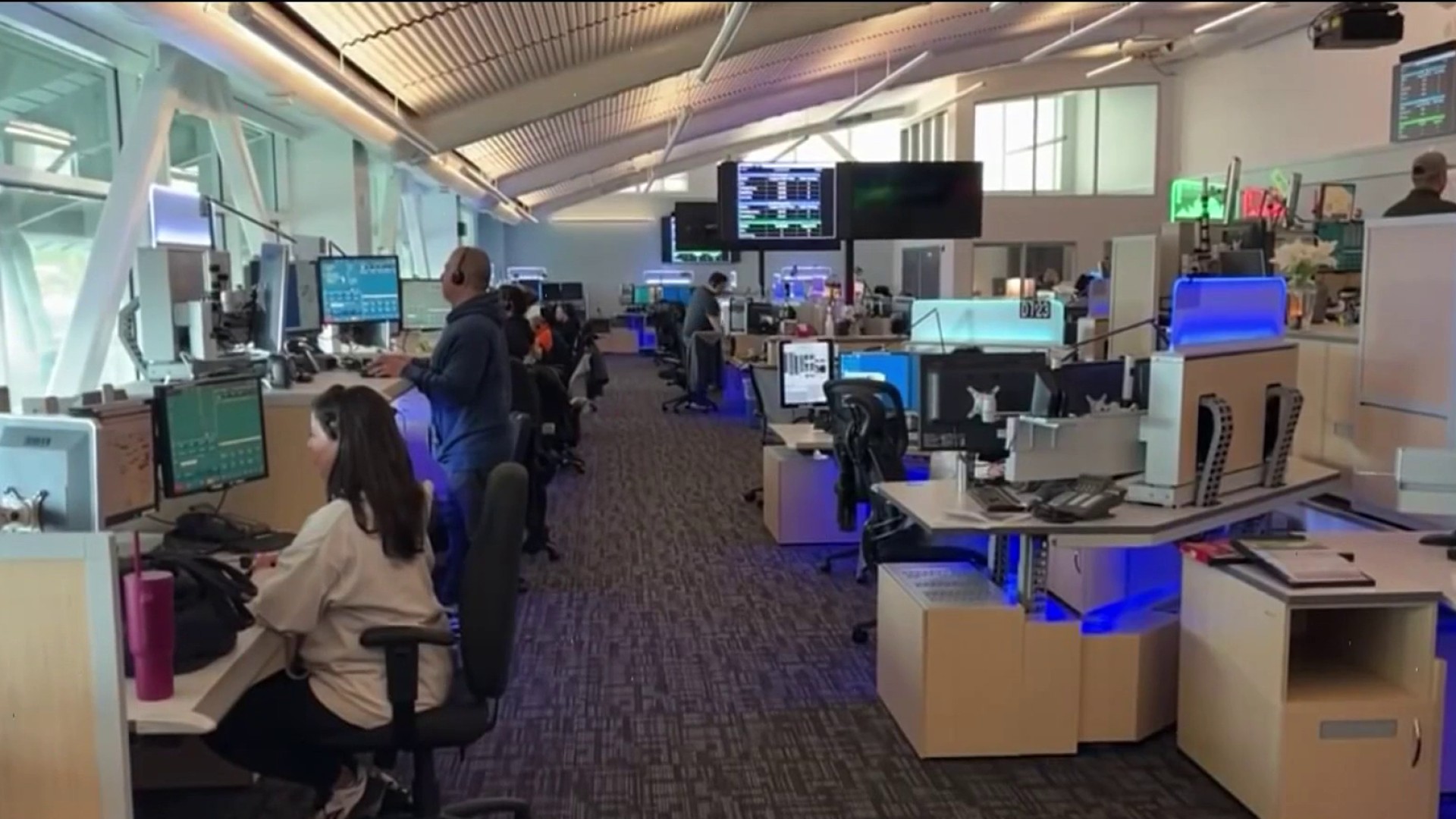Two bills that would require outside police and advocates to be informed about alleged crimes against the developmentally disabled at California’s board-and-care institutions have reached Gov. Jerry Brown’s desk.
Brown has 30 days to sign the legislation – SB 1051 and SB 1522 – into law or veto the measures. Both bills are designated urgent, so they take effect immediately should the governor approve them.
State lawmakers introduced the legislation in response to reporting by California Watch, which found the in-house police force at developmental centers for years failed to competently investigate cases of patient abuse and suspicious deaths.
The centers are home to nearly 1,700 patients with cerebral palsy and profound intellectual disabilities in Sonoma, Tulare, Orange, Los Angeles and Riverside counties. The police force, called the Office of Protective Services, patrols and handles criminal investigations at the state-run facilities.
SB 1051, sponsored by state Sen. Carol Liu, D-Glendale, and state Sen. Bill Emmerson, R-Riverside, would make two significant changes to the force and its work. First, the bill would mandate that developmental centers notify Disability Rights California, a protection organization, of all unexpected or suspicious deaths, sex abuse allegations and any report made to law enforcement. Second, the force’s police chief would be required to have law enforcement experience before overseeing criminal investigations.
SB 1522, sponsored by state Sen. Mark Leno, D-San Francisco, would require the centers to immediately alert outside law enforcement of patient deaths, sexual abuse, assaults with a deadly weapon or severe injury, and unexplained broken bones.
The state Senate and Assembly passed the bills with unanimous votes last week.
Local
Data gathered by the state Department of Public Health show there were more than 200 substantiated cases of patient abuse at the centers from 2008 to 2010. The center police referred hardly any cases to county district attorneys for prosecution.
In numerous cases, investigation records show, detectives at the Office of Protective Services did not collect physical evidence. Officers routinely delayed witness interviews and have been accused of going easy on co-workers who care for the disabled.
State regulators have documented an array of violations in recent months at the largest institution, the Sonoma Developmental Center. In a 495-page report issued last month, the state Public Health Department faulted the center for incomplete investigations of patient abuse.
The Office of Protective Services put its commanders, detectives and patrol officers through two days of training in June on basic law enforcement practices. Instruction included how to secure crime scenes, gather evidence and interview witnesses.
View this story on California Watch
This story was produced by California Watch, a part of the nonprofit Center for Investigative Reporting. Learn more at www.californiawatch.org.



